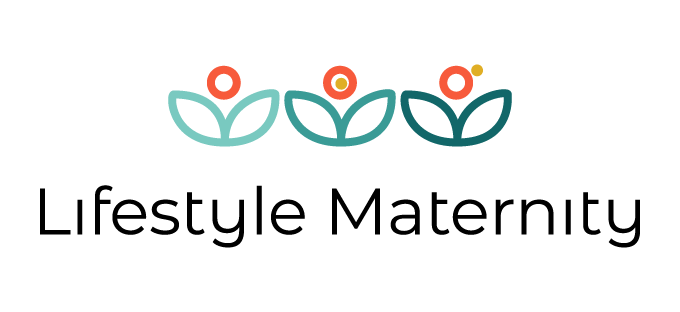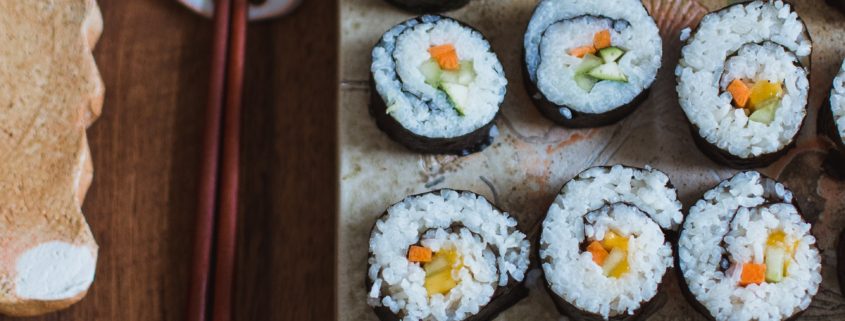Why am I told to avoid so many foods in pregnancy? Understanding food safety in pregnancy.
Sometimes it can feel like the list of foods to avoid in pregnancy is longer that what you are allowed to eat. Due to changes in a woman’s immune system during pregnancy, you are more susceptible to food poisoning. This is from the usual culprits – Salmonella, E.coli and Campylobacter – but also one you hear a lot about in pregnancy, Listeria.
What is Listeria?
During pregnancy women are more susceptible to getting Listeriosis by eating foods containing the bacteria Listeria which can cross the placenta. Symptoms may include fever, headache, tiredness, aches, pains, diarrhoea and/or nausea. It’s important to note that while symptoms may be mild in pregnant women, it can result in miscarriage, premature birth or, in rare cases, stillbirth.
What does this mean for me now that I’m pregnant?
This means extra care is needed for food storage, preparation and, of course, selection. To help reduce the risk of getting Listeriosis, here are the key things to remember:
- Practice good food hygiene by washing fresh fruit and vegetables before you eat them
- Refrigerate leftovers and consume within 24hours, reheating to a visibly steaming temperature
- Avoid buffet meals or ready-to-eat sandwich and salad bars
- Avoid raw or cold seafood
- Consume only dairy products that have been pasteurised
- Avoid soft serve ice-cream or milkshakes/thick shakes with soft-serve as an ingredient
- Ask for all meats to be well-cooked
- Deli meats, including pre-packaged or freshly sliced off the bone, soft cheeses and pate should be avoided
- Ensure eggs are cooked through, no runny yolks!
- All sushi varieties should be avoided
- Actively discuss menu options with restaurants and cafes to make sure your meals are freshly prepared
However, if you avoid all foods that carry a risk for harbouring listeria, it is likely that you will consume fewer nutrients. This is not ideal as you ARE growing a baby.
You don’t have to go without! For every item on the “no” list, there are a number of alternative and this table will help to make those choices (source).
|
Foods to avoid |
Safe alternatives to enjoy |
|
|
|
|
|
|
|
|
Pregnancy is the perfect time to optimise your eating habits for the health of you and your growing bub.
For advice on how to tailor the recommendations to your lifestyle, make an appointment with Lifestyle Maternity to simplify your pregnancy journey by tailoring nutrition advice to your preferences and lifestyle.
IMAGE CREDIT: Klara Avsenik Unsplash
IMAGE DESCRIPTION: Sushi rolls on a platter with chopsticks resting to the left hand side




 Find us on
Find us on
